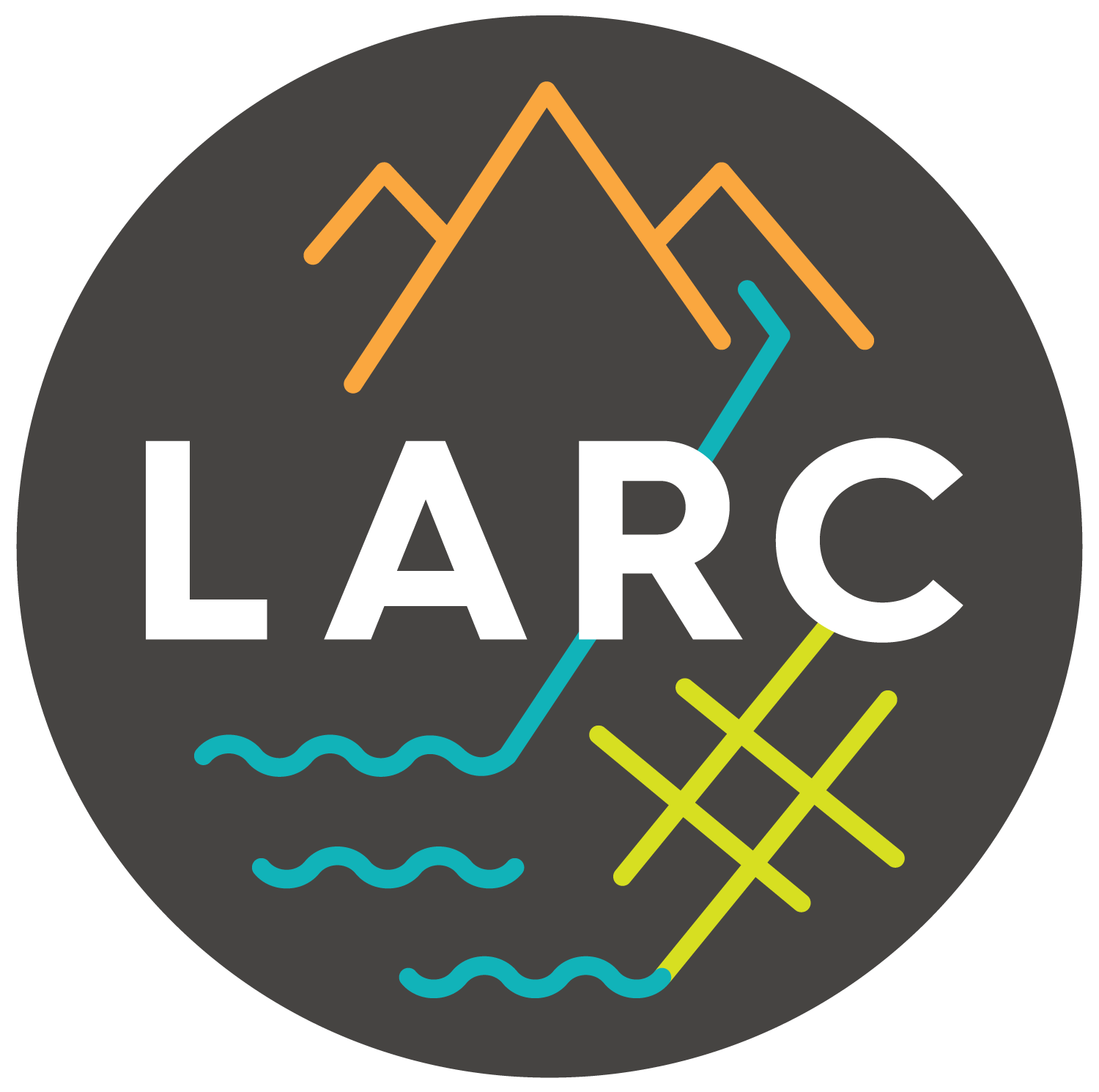Psychologists, social scientists and neuroscientists have determined that all of us, regardless of race, have cognitive biases that influence how we perceive and make decisions about other people. Human behavior is often guided by racial, gender, and class stereotypes embedded in our unconscious. Research has shown that “people continually use cognitive shortcuts—exaggerations, oversimplifications, generalizations, reductions—to allow them to prioritize and organize the overwhelming amounts of cognitive data we are expected to process moment to moment. These cognitive filters and shortcuts distort social perception, judgment, and decision-making. This often occurs beyond the decision-maker’s awareness, and without the specific intent to favor members of a particular social group. Racial stereotyping is one method that people in the United States employ reflexively to understand and organize their surroundings Mind science concepts can offer employers and businesses non-threatening ways of understanding bias, addressing racialized workplace conflict, increasing diversity and managing risk.
This training explains the cognitive and sociological underpinnings of bias, explores the cultural and historical processes that create and replicate bias in the sustainability industry; and offers counter bias tools to help leaders and stakeholders develop and implement workplace equity practices grounded in empathy, transparency, and restorative justice.
